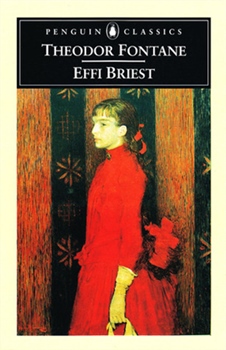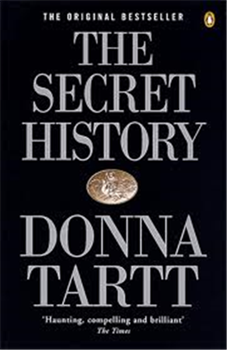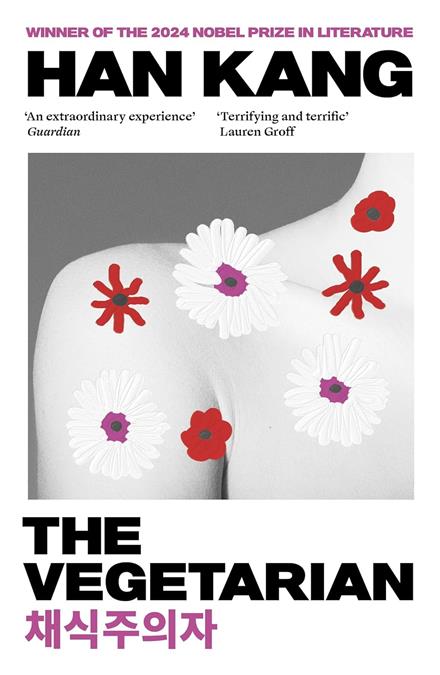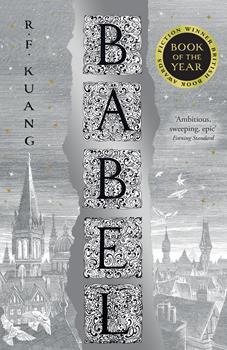Description
Unworldly young Effi Briest is married off to Baron von Innstetten, an austere and ambitious civil servant twice her age, who has little time for his new wife. Isolated and bored, Effi finds comfort and distraction in a brief liaison with Major Crampas, a married man with a dangerous reputation. But years later, when Effi has almost forgotten her affair, the secret returns to haunt her, with fatal consequences. Considered to be Fontane’s greatest novel, Effi Briest is a humane, unsentimental portrait of a young woman torn between her duties as a wife and mother and the instincts of her heart.
About the Author
Theodor Fontane, novelist, critic, poet, and travel writer, was one of the most celebrated nineteenth-century German men of letters. He was born into a French Huguenot family in the Prussian town of Neuruppin, where his father owned a small pharmacy. His father’s gambling debts forced the family to move repeatedly, and eventually his temperamentally mismatched parents separated.Though Fontane showed early interest in history and literature - jotting down stories in his school notebooks - he could not afford to attend university; instead he apprenticed as a pharmacist and eventually settled in Berlin. There he joined the influential literary society Tunnel über der Spree, which included among its members Theodor Storm and Gottfried Keller, and turned to writing. In 1850 Fontane’s first published books, two volumes of ballads, appeared; they would prove to be his most successful books during his lifetime. He spent the next four decades working as a critic, journalist, and war correspondent while producing some fifty works of history, travel narrative, and fiction. His early novels, the first of which was published in 1878, when Fontane was nearly sixty, concerned recent historical events.It was not until the late 1880s that he turned to his great novels of modern society, remarkable for their psychological insight:Trials and Tribulations(1888),Irretrievable(1891),Frau Jenny Treibel(1892), andEffi Briest(1895). During his last years, Fontane returned to writing poetry, and, while recovering from a severe illness, wrote an autobiographical novel that would prove to be a late commercial success. He is buried in the French section of the Friedhof II cemetery in Berlin.












